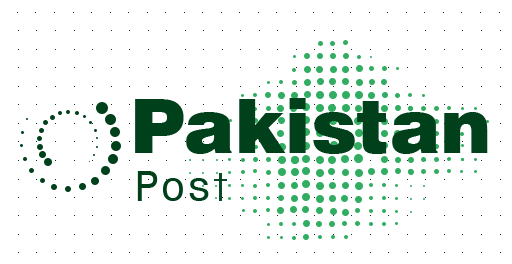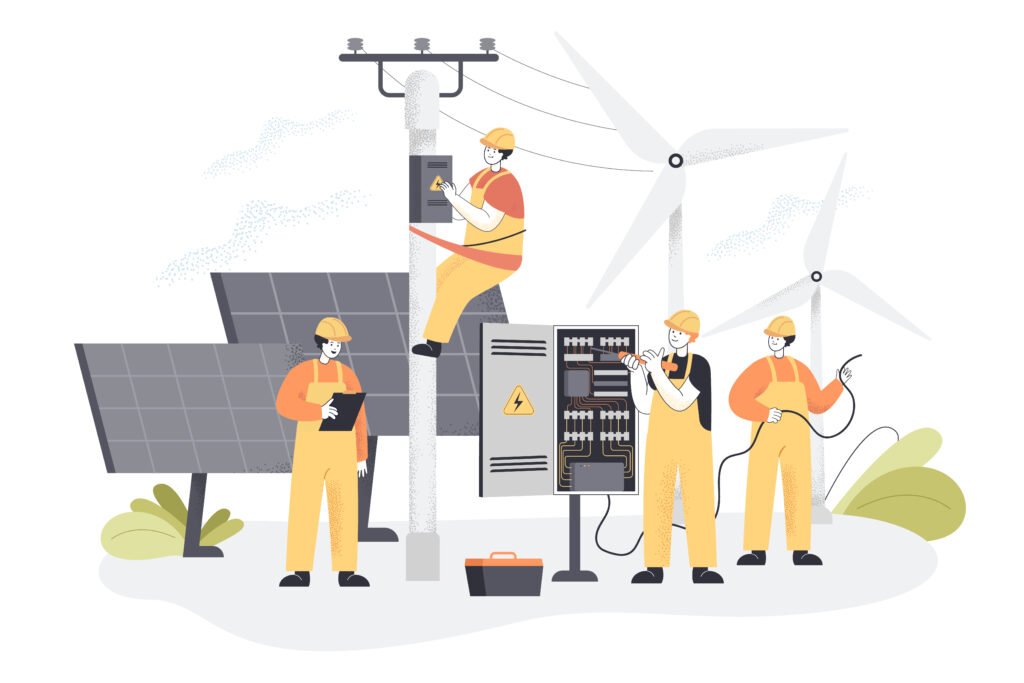Pakistan’s government is considering a significant reduction in cutting buyback rates for solar energy produced through net metering. This policy change, if implemented, could impact the growth of rooftop solar installations across the country.
Currently, net metering allows homeowners and businesses with solar panels to export excess electricity back to the grid and receive a credit on their electricity bills. The government is proposing to lower the cutting buyback rates for this exported power, arguing that the current system disproportionately benefits wealthier segments that can afford solar systems.
The Power Division claims that the high cutting buyback rates are unsustainable and disrupt their ability to manage capacity charges. They propose that the rates should reflect the affordability of electricity distribution companies.
This potential policy shift has sparked debate within the energy sector. While the government seeks to address concerns about managing capacity charges. Stakeholders worry that a significant reduction in buyback rates could discourage investment in solar energy.
The story highlights the ongoing discussions surrounding net metering policies in Pakistan. It remains to be seen how this issue will be resolved and what impact it will have on the country’s renewable energy goals.


